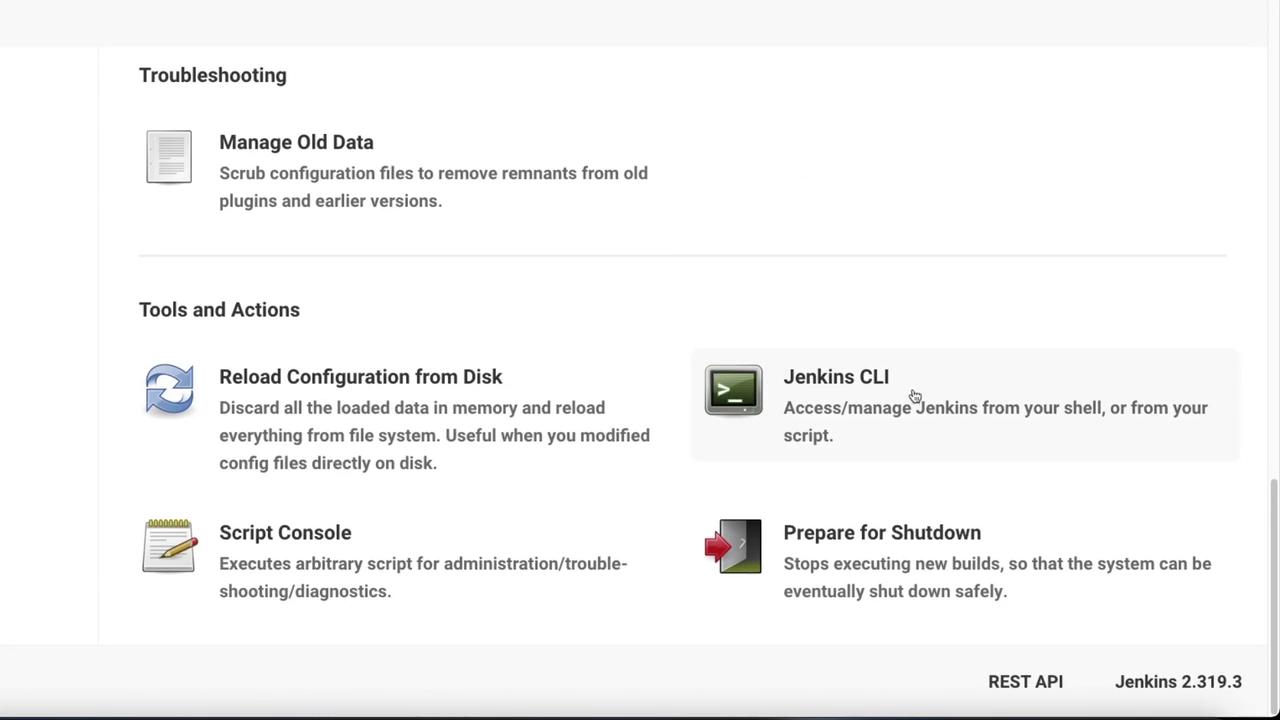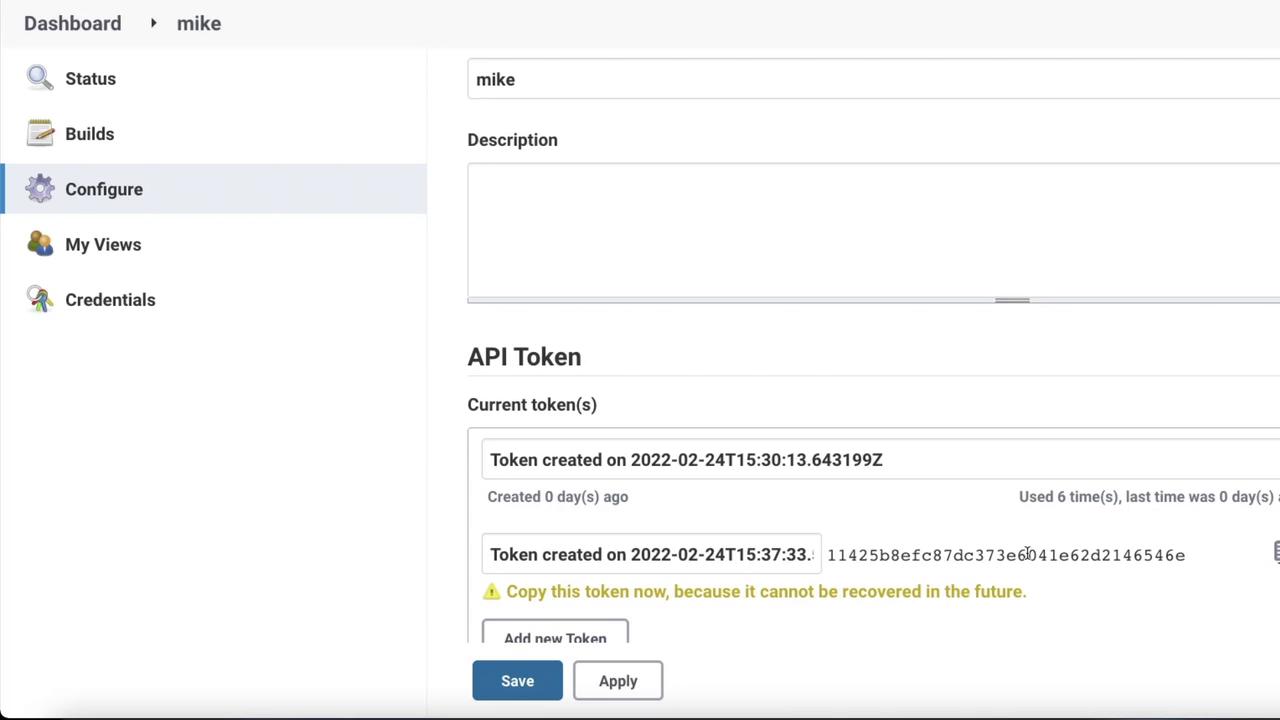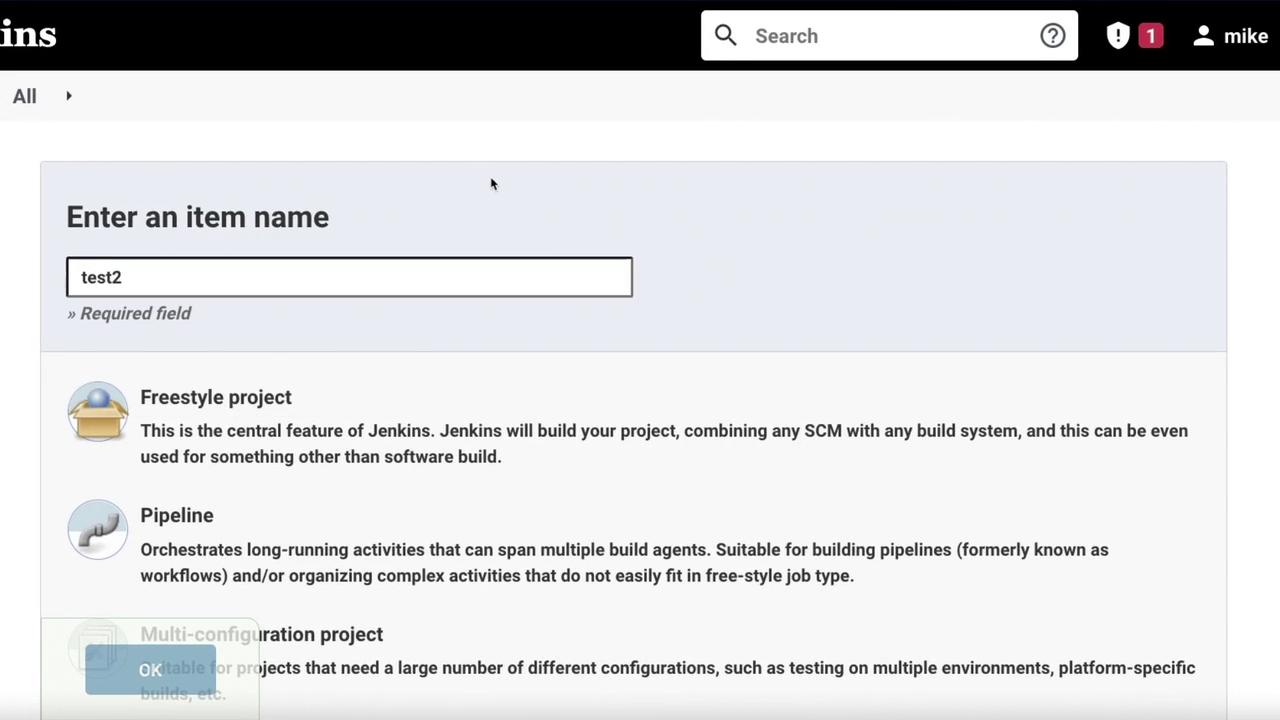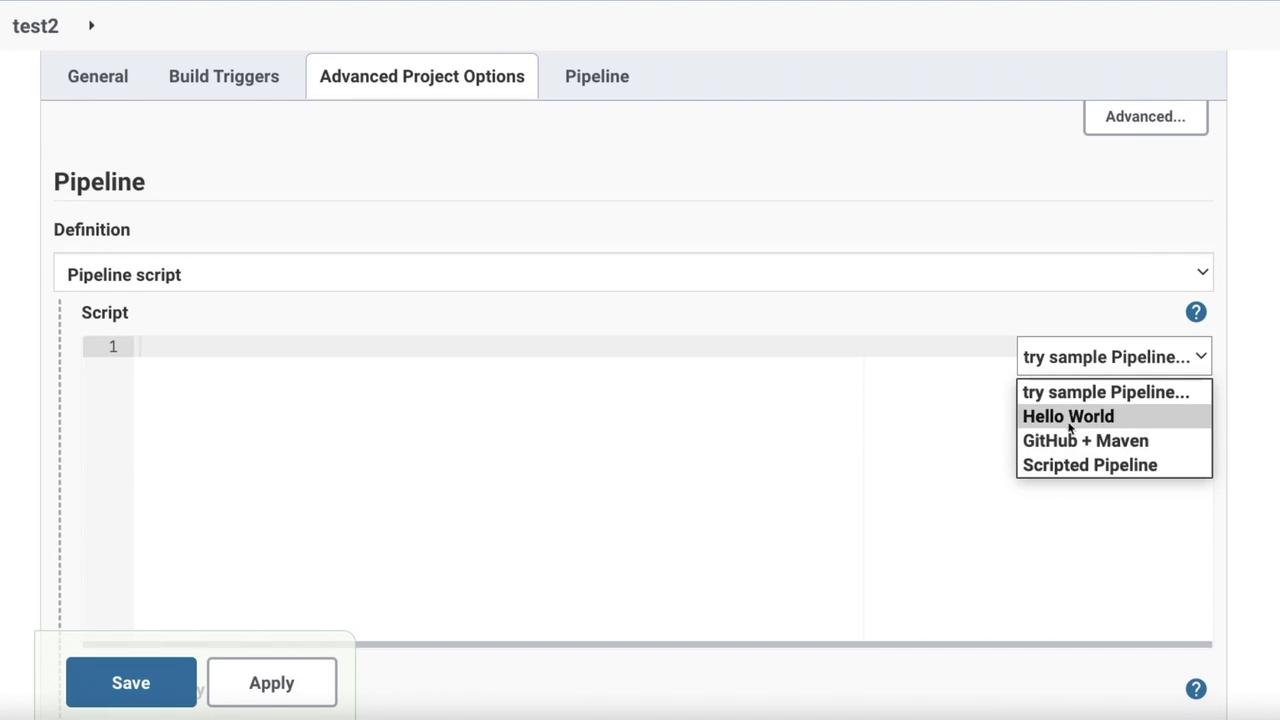Learn how to leverage the Jenkins CLI to manage your Jenkins instance step by step. This guide covers downloading the CLI, authenticating using an API token, listing jobs, and building a job.
Getting Started with Jenkins CLI To begin, log into your Jenkins portal and navigate to Manage Jenkins . Scroll down to the Tools and Actions section and click on Jenkins CLI .
The displayed page includes documentation for getting started. Next, we will focus on the authentication process.
Displaying CLI Help Use the following command to display the Jenkins CLI help information:
java -jar jenkins-cli.jar -s http://20.127.124.114:8080/ -webSocket help
Installing the Jenkins CLI On your Jenkins host, open a terminal and download the Jenkins CLI JAR with the command below:
mike@jenkinshost01:$ wget http://20.127.124.114:8080/jnlpJars/jenkins-cli.jar --2022-02-24 15:36:50-- http://20.127.124.114:8080/jnlpJars/jenkins-cli.jar Connecting to 20.127.124.114:8080... connected. HTTP request sent, awaiting response... 200 OK Length: 3518623 (3.4M) [application/java-archive] Saving to: ‘jenkins-cli.jar’ jenkins-cli.jar 100%[================================================= = > ] 3.36M --.-KB/s in 0.03s 2022-02-24 15:36:50 (114 MB/s ) - ‘jenkins-cli.jar’ saved [3518623/3518623] mike@jenkinshost01:~$ ls jenkins-cli.jar mike@jenkinshost01:~$
Even though you are operating directly on the Jenkins host, authentication is still required for CLI operations.
Authenticating with Jenkins To authenticate via the CLI, follow these steps:
Log in to your Jenkins portal.
Click on your username and select Configure .
Scroll down to API Tokens .
If you do not have an API token, click Add New Token to generate one.
Once you have your API token, authenticate with the CLI by executing:
mike@jenkinshost01:~$ java -jar jenkins-cli.jar -s http://20.127.124.114:8080/ -auth mike:11f2ac3217dc7c01abe3a9d3c4bababe5d
Successful authentication will display a list of available commands.
Working with Jobs Using the CLI Listing Jobs To see the available jobs, run:
mike@jenkinshost01:~$ java -jar jenkins-cli.jar -s http://20.127.124.114:8080/ -auth mike:11f2ac3217dc7c01abe3a9d3c4bababe5d -webSocket list-jobs
At this stage, you might see a single job, such as test1. To further explore, let’s create a new job.
Creating a New Job
In the Jenkins portal, create a new CI/CD pipeline job. For example, name it Test2 .
Select the Pipeline option and click OK .
In the job configuration, scroll down and click Try Sample Pipeline , then choose Hello World .
Click Save to finalize the setup.
Return to your terminal, clear the screen as needed, and run the list-jobs command once more:
mike@jenkinshost01:~$ java -jar jenkins-cli.jar -s http://20.127.124.114:8080/ -auth mike:11f2ac3217dc7c01abe3a9d3c4bababe5d -webSocket list-jobs test1 test2
Building a Job Now, build the newly created job using:
mike@jenkinshost01:~$ java -jar jenkins-cli.jar -s http://20.127.124.114:8080/ -auth mike:11f2ac3217dc7c01abe3a9d3c4bababe5d -webSocket build test2
After executing the build command, verify in the Jenkins portal that the job has been built successfully.
Ensure that you monitor the Jenkins job status in the portal to troubleshoot any issues with job execution.
Summary This guide demonstrated how to:
Download and install the Jenkins CLI.
Authenticate to Jenkins using an API token.
List available jobs and build a specific job using CLI commands.
By practicing these commands, you will gain proficiency in Jenkins automation tasks and streamline your CI/CD workflows. Happy automating!
Additional Resources 


